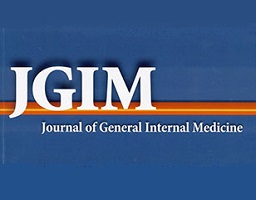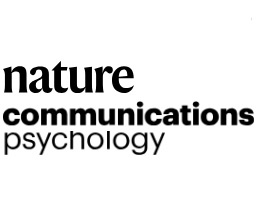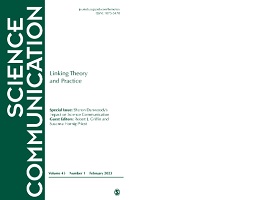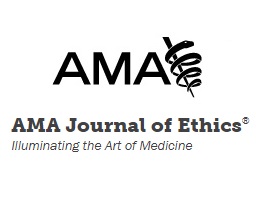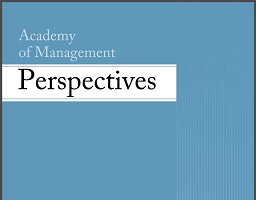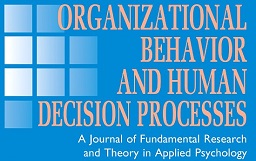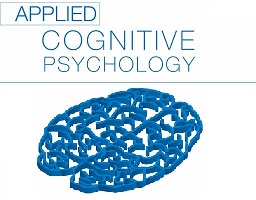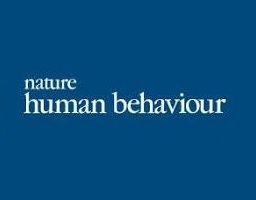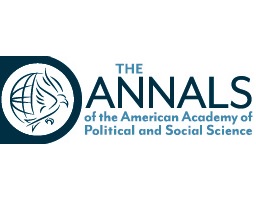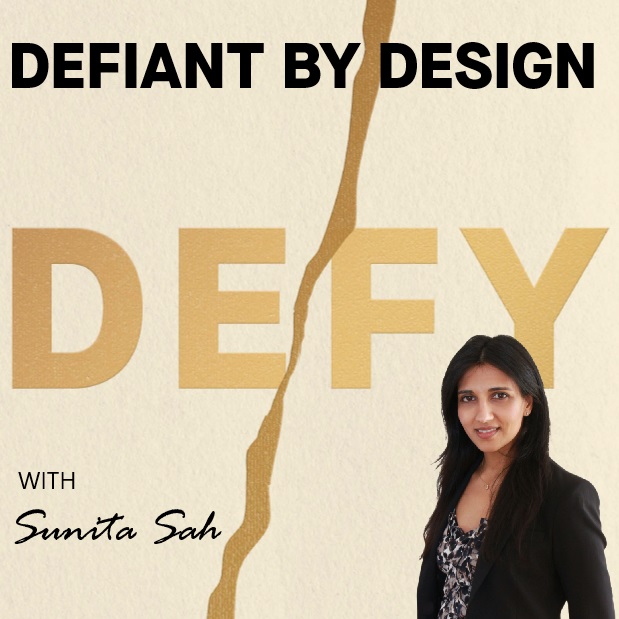Deep Professionalism: Charting a Path for Effective Conflict-of-Interest Management in Medicine
Conflicts of interest (COIs) threaten the integrity of the medical field due to their capacity to compromise patient trust and healthcare quality. They deserve continued scrutiny but proposed policies to address COIs—ranging from penalties to mandated disclosures—often rest on misguided intuitions about the underlying psychological processes, leading to ineffective or even counterproductive outcomes. The shortcomings […]
